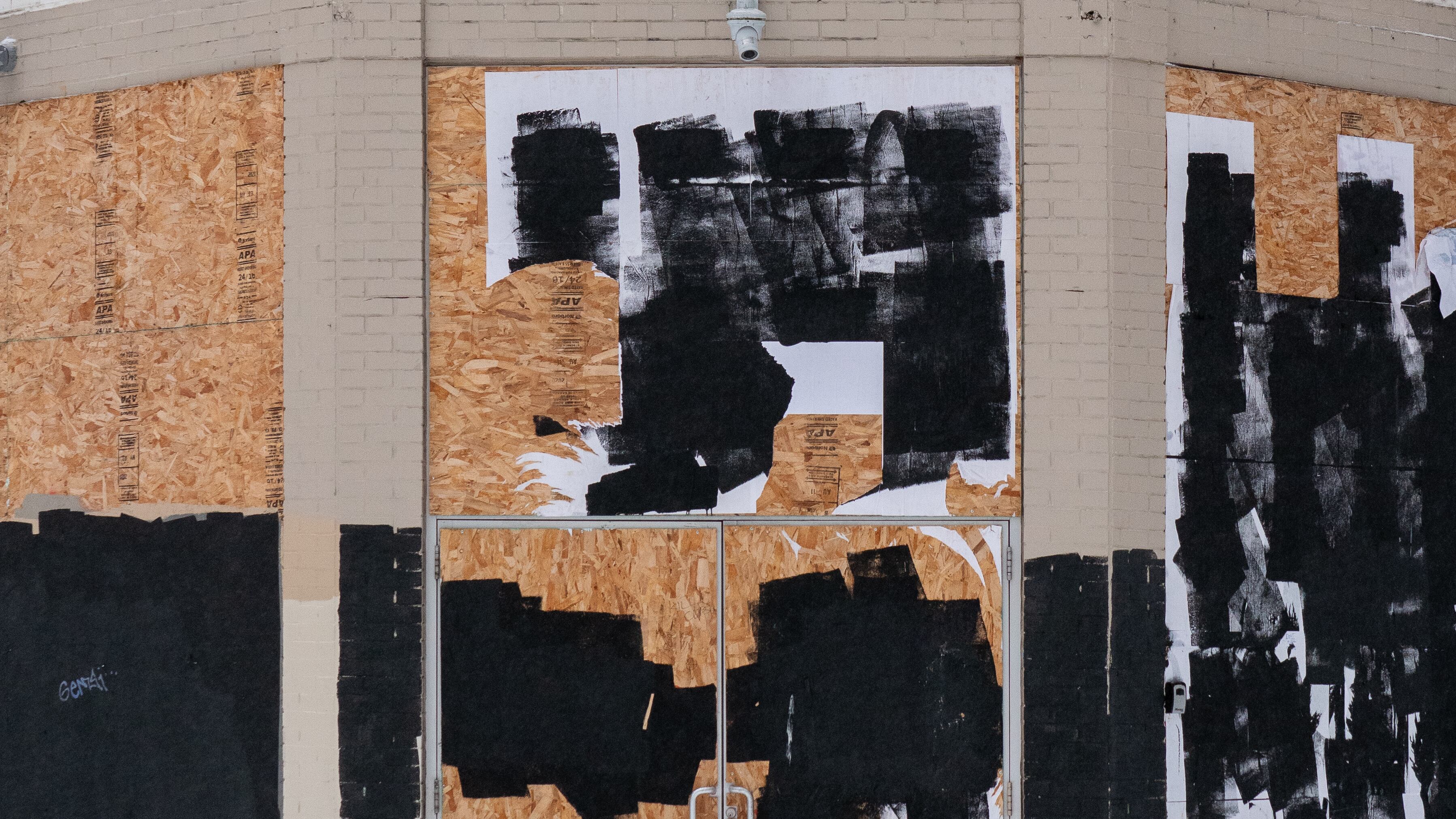Portland City Hall is ramping up an effort to erase graffiti and tags by diverting existing funding towards scrubbing paint off of concrete walls, windows and building sidings.
The Office of Civic and Community Life received approval from City Council on April 22 to divert $150,000 of the bureau’s existing funds to get more aggressive about erasing graffiti across the city.
The bureau is overseen by Commissioner Jo Ann Hardesty after the mayor reassigned bureaus in January.
The bureau tells WW the funding came from salary savings accrued from temporarily halting employment during the pandemic.
The bureau reports that graffiti complaints have increased by close to 400% since the onset of the George Floyd protests last spring. But the bureau defended its impending graffiti removal increase as remaining sensitive to the BLM movement.
“What’s important to underscore right now is that communities, neighborhoods and nonprofit groups are taking it upon themselves to work with the City to preserve BLM-related messages and murals. It’s important to many neighborhoods to show and preserve these murals to demonstrate that Portlanders are welcoming and our streets reflect the community’s wishes in advancing diversity, inclusivity and belonging,” bureau spokesman Daniel McArdle-Jaimes said. “The increased funds will respond to graffiti vandalism, particularly tags of hate speech, as well as offer small businesses, nonprofits and residences the opportunity to use our professional contractors to earn some recovery/reopening relief in an already complicated year.”
The bureau tells WW that it’s distinguishing between “graffiti art” and “graffiti vandalism” when deciding what to erase.
But Cameron Whitten, who was briefly an employee of the bureau and now an activist and founder of the racial-justice nonprofit Brown Hope, says graffiti shouldn’t be the top priority right now for a bureau tasked with aiding citizens in communicating and forging trust with its government.
“Graffiti [removal] does not help Black, Brown and Indigenous communities be more engaged, or help them find ways to show up to City Council, or to talk about the issues that are important to them,” Whitten says. “It does nothing at all.”
Whitten wishes the bureau would make more robust efforts to engage with communities of color with the leftover chunk of funding being routed to graffiti removal.
“It’s definitely a program and it’s one that’s cherished by our neighborhoods and local businesses. In the past year, graffiti has become more of an issue,” Whitten says. But he questions the city’s emphasis on neighborhood livability. “Livability for who? Livability must include equity, and that is a huge albatross on Portland, that our livability movement has always been whitewashed and exclusionary.”
The bureau says it’s prioritizing hate tags and removal requests from small businesses, nonprofits and residences.
The $152,000 available to the bureau for graffiti removal last year was used within seven months.
Michael Montoya, Innovation and Performance Manager at the OCCL, aligned the bureau with Mayor Wheeler’s desire to address livability issues.
“Knowing that we have a lot of work ahead of us, our increased funding requests align perfectly with the mayor’s priorities and livability initiatives,” Montoya said in a statement last week. “We are confident that increasing our graffiti removal and contracts dollars in coordination with all the other great efforts by residents and our partner bureaus will go a long way to efficiently clean up our streets.”
The bureau tells WW they’re requesting a one-time funding amount during this year’s budget process so the efforts can continue into next year. It’s requesting $532,000.

